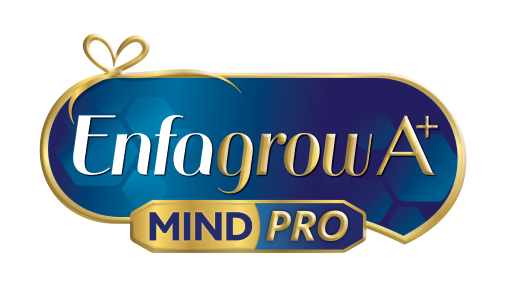
You probably already know how important it is to eat healthy while you’re pregnant. Not only does a smart diet benefit you, it also supports your developing baby’s physical and mental development1. But when you’re having morning sickness, feeling exhausted, or craving dessert

instead of dinner, making well-balanced food choices may be tough. Try these simple strategies to stay on top of your pregnancy nutrition through all nine months and turn to these great foods to eat while pregnant.
For an after-dinner treat: Pop fruit in the freezer. The next time you bring home grapes or strawberries from the grocery store, instead of putting them straight in the refrigerator, wash a portion, remove the stems or caps, and place the prepared fruit in the freezer. This way, whenever you’re craving something sweet and refreshing, you can reach for the whole fruit. Fruits provide you and your developing baby with important nutrients, like fiber and vitamin C, which is important for pregnancy nutrition.1-3 And because fruits are naturally sweet, they’re ideal for desserts and fast snacks.
When you can’t stomach anything: Go for the grains. Bread and pasta sounding better than anything else these days? If you’re dealing with morning sickness, sticking with plain, bland food can help ease your stomach.4 But to keep up your pregnancy nutrition, choose whole grain varieties. Try swapping out at least half of your daily refined grains (like white bread) for whole grains (such as whole wheat bread and tortillas, brown rice, and oatmeal).5
Busy days at work: Sneak in a satisfying snack with calcium. If you’re looking for a quick but nutritious snack to enjoy at work, try high-calcium options, like cheese cubes, string cheese, or a container of plain or Greek yogurt. (Choose low-fat or fat-free versions.) Calcium is important for pregnancy nutrition because it keeps bones and teeth strong and helps support your developing baby's development1,2. When it comes to yogurt, it’s smart to stick with plain varieties5 and add in your own toppings, like almonds, honey, or berries.
When you’re on the road: Pack along folate-filled nuts. Whether you’re hopping in the car to visit family or taking a plane to a vacation destination, bring along some nuts or peanuts. They’re both good sources of folate1, the natural form of folic acid, which can help support healthy neural tube development2,6. And if you’re worried about your developing baby’s risk of nut allergies, you may not need to be: Emerging research has found that those moms who ate more nuts, including peanuts and tree nuts, during their pregnancies (and weren’t allergic themselves) had children who were least likely to develop nut allergies7.
References:
- KidsHealth from Nemours. “Eating During Pregnancy.” http://kidshealth.org/parent/nutrition_center/dietary_needs/eating_preg…
- American College of Obstetricians and Gynecologists. “Nutrition During Pregnancy.” http://www.acog.org/Patients/FAQs/Nutrition-During-Pregnancy
- ChooseMyPlate.gov (USDA). “Why is it important to eat fruit??” http://www.choosemyplate.gov/fruits-nutrients-health
- MedlinePlus (National Library of Medicine, National Institutes of Health). “Morning Sickness (patient instructions).” http://www.nlm.nih.gov/medlineplus/ency/patientinstructions/000604.htm
- ChooseMyPlate.gov (USDA). “Tips for Pregnant Moms.” https://wicworks.fns.usda.gov/wicworks/Topics/PregnancyFactSheet.pdf
- National Institutes of Health, Office of Dietary Supplements. “Folate (health professional fact sheet).” http://ods.od.nih.gov/factsheets/Folate-HealthProfessional/
- JAMA Pediatr. 2014 Feb;168(2):156-62. “Prospective study of peripregnancy consumption of peanuts or tree nuts by mothers and the risk of peanut or tree nut allergy in their offspring.” http://archpedi.jamanetwork.com/article.aspx?articleid=1793699

